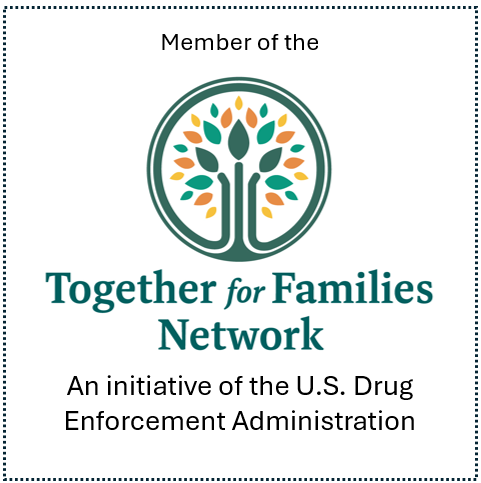Fostering Independence & Resilience in Children
Ask the Experts | Mary Beth Garvey
My teenager is so easily discouraged by setbacks. How can I help him handle his frustration?
A: One of the most important traits that builds confidence and helps kids become more independent is resiliency, or the ability to take healthy risks and recover from disappointments. Resiliency is a skill that can be fostered when we treat kids in a way that demonstrates we believe they can handle disappointments and that mistakes are allowable, or even encouraged.
A significant threat to resilience is perfectionism. Many kids today are highly perfectionistic. Though it’s often highly regarded in our culture because it’s associated with high levels of achievement, perfectionism lends itself to a host of difficulties in teens: unrealistic performance expectations, a low tolerance for disappointment, a critical self assessment that leaves little room for mistakes, dependence on praise from others, and increased anxiety. Each of these factors undermines the foundation for resilience or the ability to maintain the persistence needed to master something independently.
Perfectionism in adolescents can also fuel in parents the desire to protect their children from the setbacks or disappointments that are inevitable when they are involved in any type of meaningful activity. This may be done by helping kids avoid the consequences of their mistakes, giving kids a false sense of confidence, or creating an inflated sense of what they are able to accomplish through excessive praise.
Creating dependence on praise or positive feedback does not serve our kids. It is not praise or compliments that build self-esteem, it is honest, constructive feedback that is grounded in reality. It is not our job as parents to protect kids from disappointment, but to relay the message: “I admire the risk you took in seeking out that challenge,” or “I now you’re disappointed now, but I’m interested in hearing what you are going to take away from this experience once you’ve had some time to regroup.”
If a parent is unnerved by their child’s setbacks, and treats them as if they are fragile, a child will feel fragile. It is our job to help our children see that setbacks are unavoidable and the expectation is to persist despite mistakes. Confidence and resiliency develop in the process of hard work rather than the outcome of the task.
As kids become more independent it is critical they have the confidence to take healthy risks and recover from disappointments. Kids’ healthy risk taking should not be met with over-involvement by parents. Excessive parental intervention during adolescence gives kids little opportunity to develop resilience or autonomy.
Shielding kids from disappointment, or discouraging healthy risks, will only result in a young adult who is threatened by change, slow to recover emotionally, over-reacts, and is problem rather than solution based. Over involvement suggests you think your child in not capable of handling the challenges they face.
A useful concept to think about is that growth follows energy investment. Whatever receives your energy is what becomes strengthened. If kids or parents focus on risk aversion, or avoiding challenges, fear will be strengthened. If the focus is on the satisfaction of an activity, despite the outcome, passion will be strengthened.
Kids need to learn to manage increasingly complex personal, interpersonal and competitive challenges. The stakes get higher as kids move through adolescent into adulthood. Giving kids opportunities to make their own decisions, be accountable for their choices and to learn from their consequences – while you are sill in a position to help them recover or regain their balance – is an empowering parental stance that encourages the development of resiliency.
Mary Beth Garvey, LMSW, is a licensed social worker with more than 25 years of experience providing individual, group and family therapy in the private and public sectors. Check out her blog at https://www.marybethgarveytherapy.org/.






